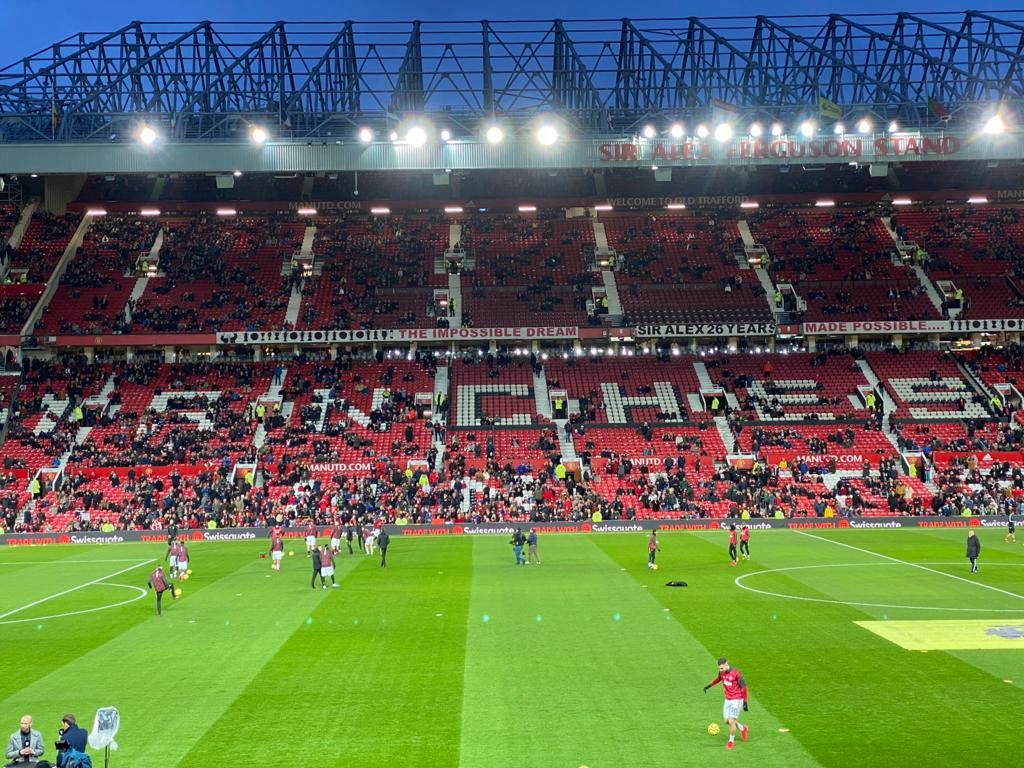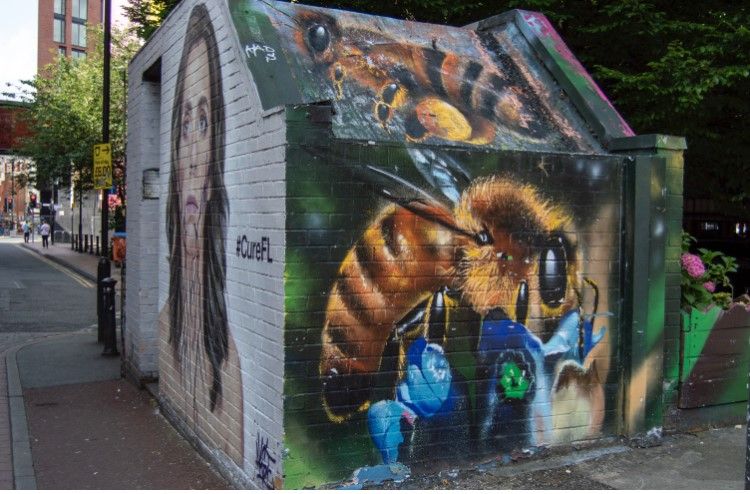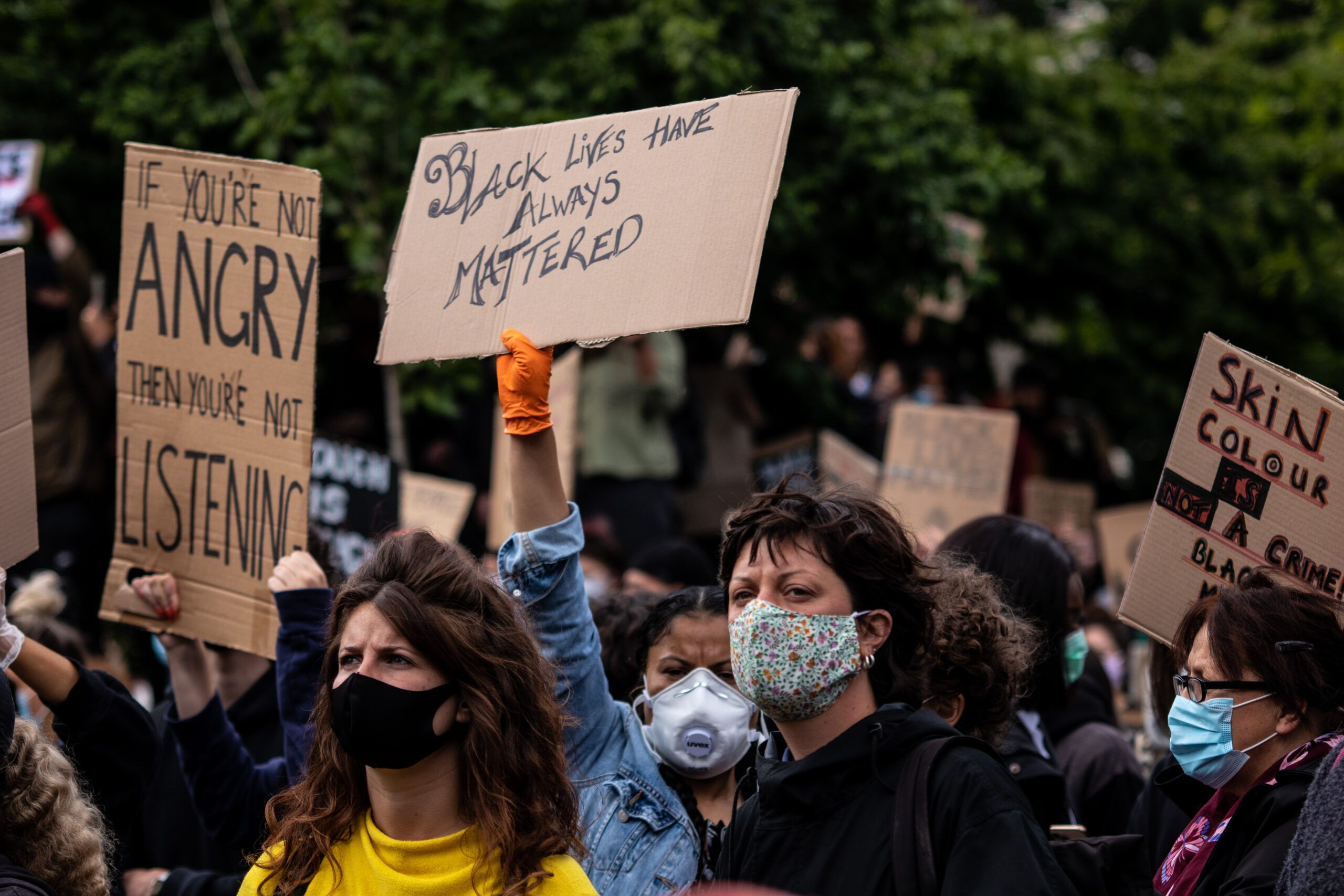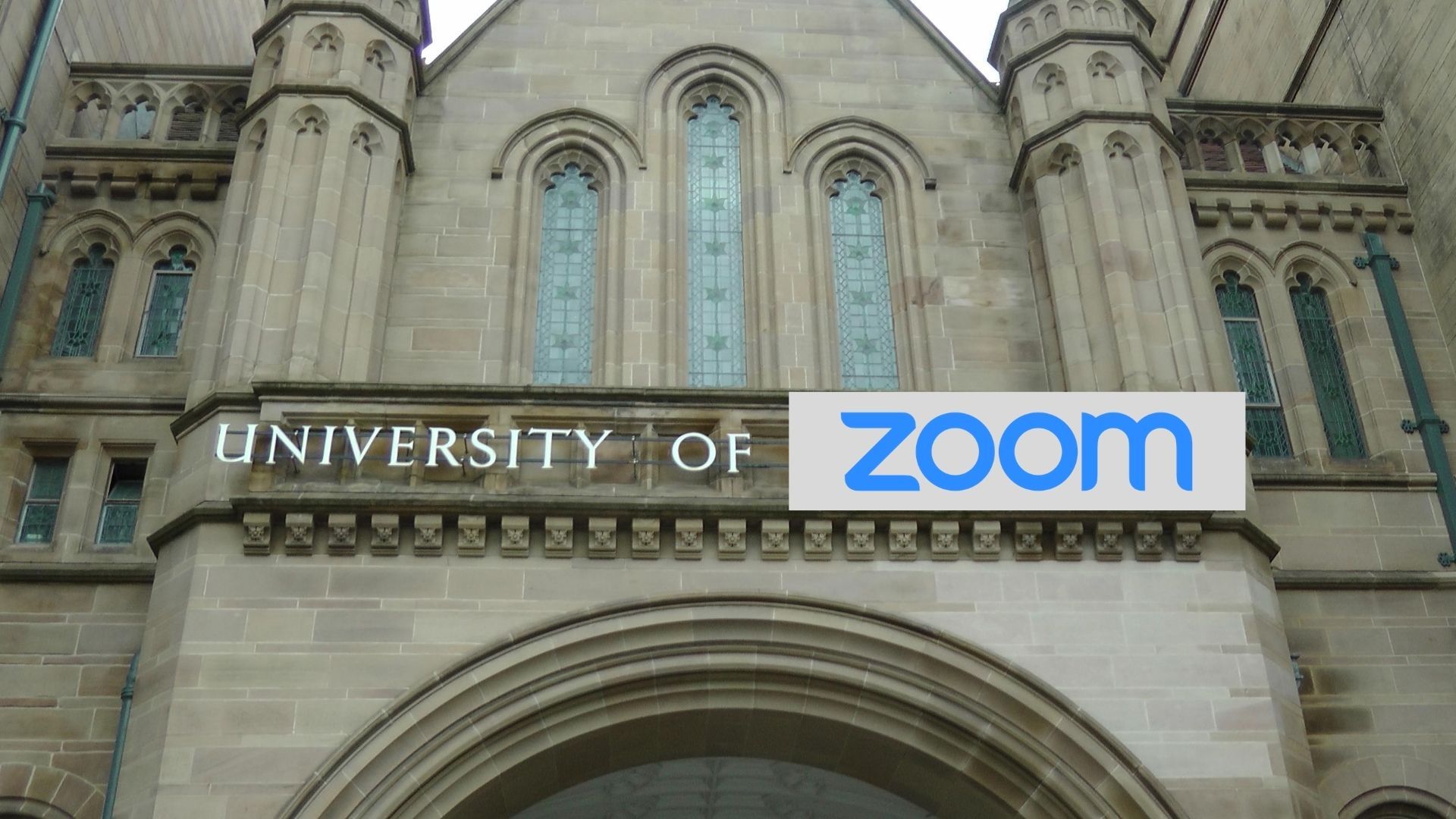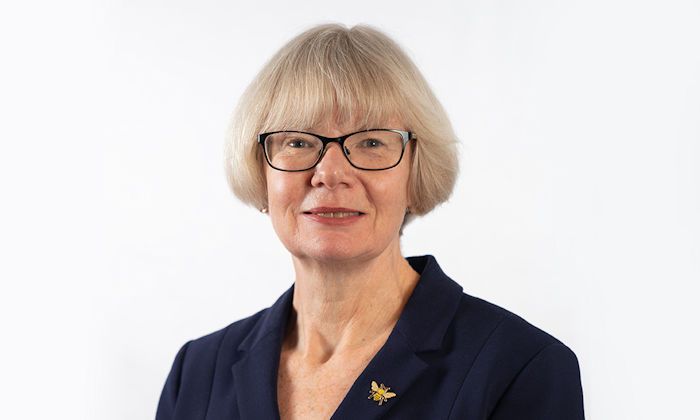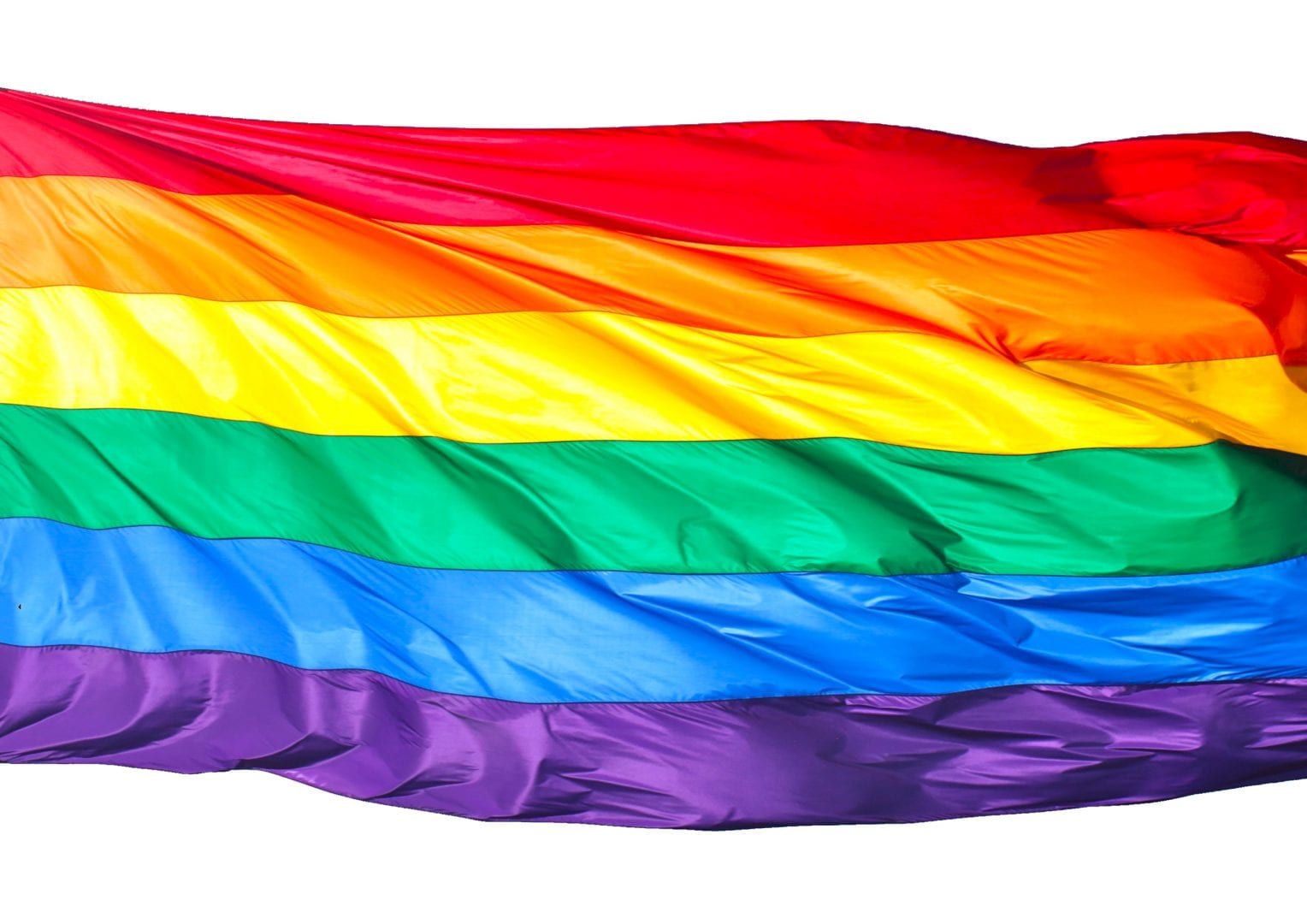Black Lives Matter is a movement that has sparked worldwide change and calls to action, influencing shifts across every company, institution, and sector. Though it started in Minneapolis, the movement’s implications are vast, and this is forcing many to reevaluate their stance towards dealing with racism, both covertly and systematically.
UK universities are no exception, and following the initial protests sparked by George Floyd’s death, the University of Manchester’s Vice President for Social Responsibility, Professor Nalin Thakkar, published a letter outlining the University’s response to the movement.
He wrote that the University has a role to play in “removing systemic inequities and speaking up for those without a voice,” and said, “we have acknowledged that there is more we can do, so we have started discussions with the Students’ Union about our next steps.”
In another statement, the University of Manchester insisted they were “not complacent” and wouldn’t accept discrimination in any form. They highlighted their ‘Report and Support’ system as a place where staff and students could raise issues.
But students have expressed disappointment at this response. Deidra Oppong Kyei, a final-year Cognitive Neuroscience and Psychology student, wrote two letters to the University suggesting alternative ways to support the movement. These included making a donation to Black Lives Matter-related fund, making resources available that highlight and educate on racial inequality in the UK, and advertising BAME business schemes around campus.
Deidra called the University’s lack of engagement with these actions “heartbreaking”.
“I didn’t want to believe that the uni I loved and thought so highly of would be complicit. I thought if I told them what to do then it would be easy for them to do the right thing,” she said.
“It was really infuriating when instead of taking the opportunity to educate the 40000 students they have, the uni decided to remain neutral and release a disgusting and insulting statement. A uni that claims to be inclusive but I haven’t had a black lecturer or lab tech. For the president to refuse to make the resources available for free was really mind-boggling to me.
“The way the uni handled the situation has been extremely poor, insulting and hurtful. I’ve had people contact me both students and alumni that have been telling me about their own experiences of racism at the uni some from years ago showing that the uni hasn’t done anything to improve racial discrimination.”
Another student, who chose to stay anonymous, said that they felt a lot of the University’s response was “performative activism”.
“There is a huge pay gap between white [employees] and their respective BAME colleagues. Before the University even bother responding to BLM they should start treating their own BAME employees properly and address their own racism. Why doesn’t the university hire more BAME people?”
Speaking about ways the University could take action, another anonymous student said that they felt changes had to start with the admissions process.
“I’m graduating MPhys this year, and in four years I’ve not had a single black lecturer. In my year there was a handful of black students … when I look around the physics building it’s predominantly white. Their system of selecting who gets offered places at the university is not suitable for everyone.
“If black students are more likely to come from underprivileged schools than white students, then offers should be changed to reflect this. Entry requirements for physics at Manchester are insanely high. If you come from an underprivileged school it’s almost unattainable.
“A friend of mine told me about this scheme at the University of Birmingham called A2B, where depending on eligibility you can get the offer dropped by two grades.
“I think Manchester should look at something like this – and if they do already then I’d want to know why it isn’t publicised more? Because I haven’t heard of such a scheme.”
The University of Manchester currently offers a similar scheme called the Manchester Access Programme. But the scheme is aimed at widening local participation and only accepts students from Greater Manchester.
Speaking to The Mancunion last month about Black Lives Matter at UoM, Professor April McMahon, Vice President of Teaching, Learning and Students, said it was “a major concern” for the University.
McMahon said: “As a white person, I can’t feel that experience that our colleagues who are POC are feeling, but I can say I’ll stand alongside and I’ll commit to trying to make this a better University that takes those issues of equality even more seriously than we have.”
She said that she had met with the Students’ Union to discuss practical steps that could be taken, including looking at a more inclusive curriculum and assessment methods.
“That includes issues about decolonisation, for instance, but actually looking at a more inclusive mode of assessment is also about making sure that we look after students that have all kinds of protected characteristics,” she added.
“So yes this is about ethnicity, but it’s also about disability and it’s also about gender, and we must be really cautious that we are not prioritising students with some characteristics unconsciously over others. The more we can hear people’s stories and experiences and try and understand them, that’s just vital for us.”
Professor McMahon also said the University was working with community partners to try and tackle racism outside of campus.
“There’s a big piece of work going on with the Directorate of Student Experience to work consistently with Greater Manchester … that’s partly about policing and other services, it’s partly about resident’s groups.”
She also highlighted the University’s incident reporting system, Report and Support, which has come under fire recently for not recording racist incidents as separate from other types of harassment.
“When [Report and Support] was launched, it had a lot of national coverage for how good it was, how inclusive and how encouraging. I think, a couple of years down the track, lots of people have forgotten that we’ve got it, and we need to do a bit of revitalisation there, to say well we do have this system, is it still fit for purpose, is it working in the right kind of way, is everything as connected as it should be, are confident that action is always taken on the back of reports?
“These are exactly the things that we need to be looking at. Now, we may need to accelerate that because of the recent protests, but its work that is already underway.”
A spokesperson for the University of Manchester said they are “transparent” about the ethnicity pay gap at the university, and “are working with colleagues within the University to develop existing, and identify new, actions to close the pay gap.”
